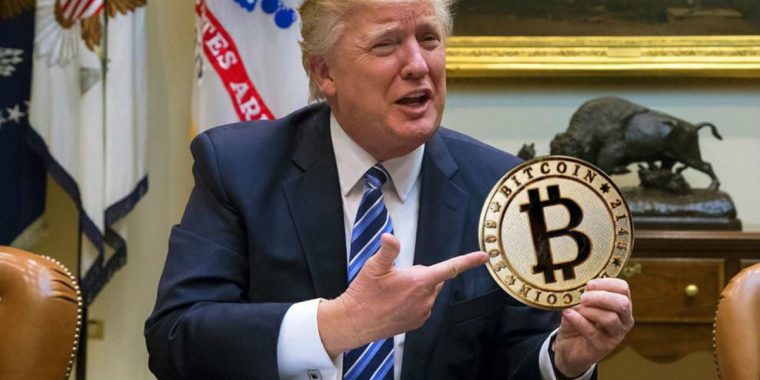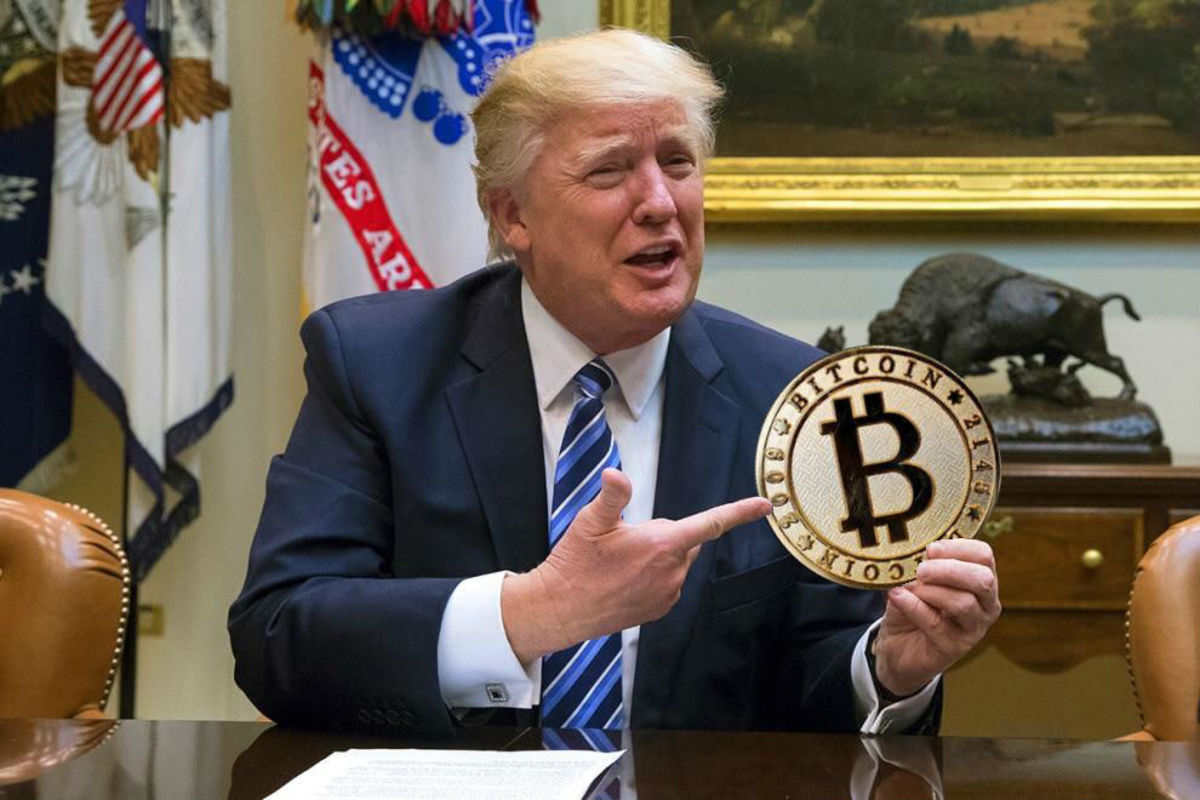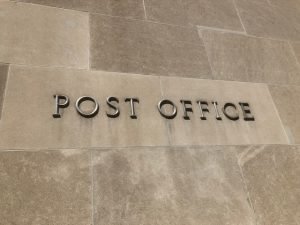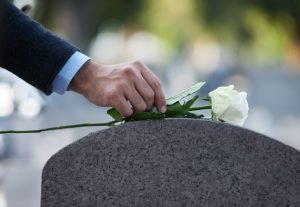
It’s been more than six months since the pandemic hit our shores, resulting in quarantines, business and court closings, and a surge in remote working. As a result, many businesses, including law firms, are still implementing work-from-home policies, and plan to continue to doing so well into next year.
Another effect of the pandemic has been that conferences as we used to know them are a thing of the past — at least for the time being. Virtual conferences are the only option these days and have become the norm for now.
But as I discussed in a recent column, many of them have fallen flat — which is why I continue to believe an avatar-based conference is the solution. Thus far, to my knowledge, no conference planner in the legal space has jumped at the avatar-based conference setup, but I haven’t yet given up hope.
In the meantime, I remain interested in the online conference format and any innovations that planners implement in order to ensure a successful virtual conference experience. One recent event of note is a highly interactive conference I was recently involved in, the Lawyer+Mom+Owner Summit 2020. The goal of this conference was to celebrate and empower lawyer/mom/firm owners.
On the first day of the virtual conference, I spoke on a panel that focused on women lawyers with careers that intersected with technology. The panel started at 7 p.m. ET, and given the somewhat late hour, I was really impressed by the levels of engagement and the number of attendees.
When I shared my impressions regarding the conference later that week during the weekly legal technology journalist roundtable that I participate in, Bob Ambrogi mentioned that he believed that because the event was virtual, the conference organizers were able to pull it together surprisingly quickly.
This piqued my interest, so I decided to reach out to my good friend, co-author, and fellow Above the Law columnist, Carolyn Elefant, to learn more about how the conference came to be and what was involved in pulling off such a well-attended conference. Here’s what she had to say about the process that she and her co-organizer, New York attorney Jeena Belil, went though in order to ensure that this conference was a success.
NB: How did the conference come about?
CE: Six months into the pandemic, I continued seeing lawyer moms struggling and frustrated with uncertainty and stress over balancing work, homeschooling children, and keeping them safe from COVID. And in nearly all cases, these women were beating themselves up for not giving 100 percent on all fronts or feeling as if they were all falling short.
Women were also disproportionately impacted by the pandemic, and many have been adversely impacted in the workforce. Yet no one in the legal profession was talking about these issues.
Jeena was already running a Facebook group for lawyer moms who own firms, and I approached her with the idea of the conference and it took off from there. She and I believed that by bringing women together, we could celebrate and support what they are doing while also introducing them to the myriad of options available outside of traditional employment since choice is empowering. Finally, we were disappointed that despite commitments to diversity, most virtual conferences were still trotting out the same old white faces.
NB: How long did it take to plan?
CE: Jeena and I had a Zoom meeting sometime in early August and scoped out topics for panels — a mix between practical, hands-on panels like Pandemic Law Practice and Marketing When You Can’t Meet Clients in Person and law/life panels like transitions, finance, and overcoming challenges. We pinned down about 70 percent of the speakers by mid-August and as we planned, continued to receive recommendations for speakers.
NB: When did you first announce the conference?
CE: I posted a “learn more” link to build a list sometime in mid-August. I believe that the website with Eventbrite went live about 38 days before the event.
NB: How many people attended the conference?
CE: Ultimately, we had 340 registrants, including about 15 who signed up on the second day because they’d heard the buzz about the event. Nearly all attendees were women, but I believe we had about a dozen men attend.
NB: How many speakers did you have?
CE: We had 30 speakers, all of whom were women and diverse in age, race, law school education, and practice areas. We were committed to an all-female cast. The vast majority of the speakers were also moms.
NB: Would you have been able to do this (or would it have been as successful) if it weren’t virtual?
CE: The only way to have pulled this off was virtual for so many reasons. Over the years, I have tried organizing events in the D.C. area and at most, they’ve drawn 50 to 60 attendees and even on-budget could cost between several hundred to $1,500 depending upon venue, food, etc. With those low numbers, it’s also hard to attract sponsors. By going virtual, Jeena and I could immediately access and invite our online communities. We were also able to price tickets affordably — just $39 — which made the event a “no-brainer” for many.
The virtual event also forced us to be more creative so that we could create features that we would not have had at an in-person event. We are both fans of Videosocials — sort of a Toastmasters club for video recordings — and we arranged for the owner to offer free 2-minute video headshots (a law firm intro or elevator speech) that was oversubscribed. At least 60 people signed up to take advantage of it.
I also learned about a tool called Glide that allows for easy creation of a conference app from a spreadsheet, and I found a developer to help me with the complicated parts of it (you can see the app here. The app has been a huge draw for our sponsors and it’s also given attendees a way to interact and stay in touch. Finally, we also developed the app so that attendees could just click a link and watch from their phones.
NB: Are you planning to hold another conference soon?
CE: Yes, we would like to build on the success of this event and to start earlier in getting the word out. We’ve had so many people contacting us since the conference to tell us that they’d never heard about it, so we are hoping to fix that. We’re also going to try for other events throughout the year to keep the momentum going. As for me, I would like to connect with law schools to see if there is some way that we can create similar events for women law students so they know that there are amazing options that will support a comfortable lifestyle that is more humane than Biglaw.
Nicole Black is a Rochester, New York attorney and Director of Business and Community Relations at MyCase, web-based law practice management software. She’s been blogging since 2005, has written a weekly column for the Daily Record since 2007, is the author of Cloud Computing for Lawyers, co-authors Social Media for Lawyers: the Next Frontier, and co-authors Criminal Law in New York. She’s easily distracted by the potential of bright and shiny tech gadgets, along with good food and wine. You can follow her on Twitter at @nikiblack and she can be reached at niki.black@mycase.com.





 Jordan Rothman is a partner of
Jordan Rothman is a partner of 






 Jordan Rothman is a partner of
Jordan Rothman is a partner of 


 Kathryn Rubino is a Senior Editor at Above the Law, and host of
Kathryn Rubino is a Senior Editor at Above the Law, and host of